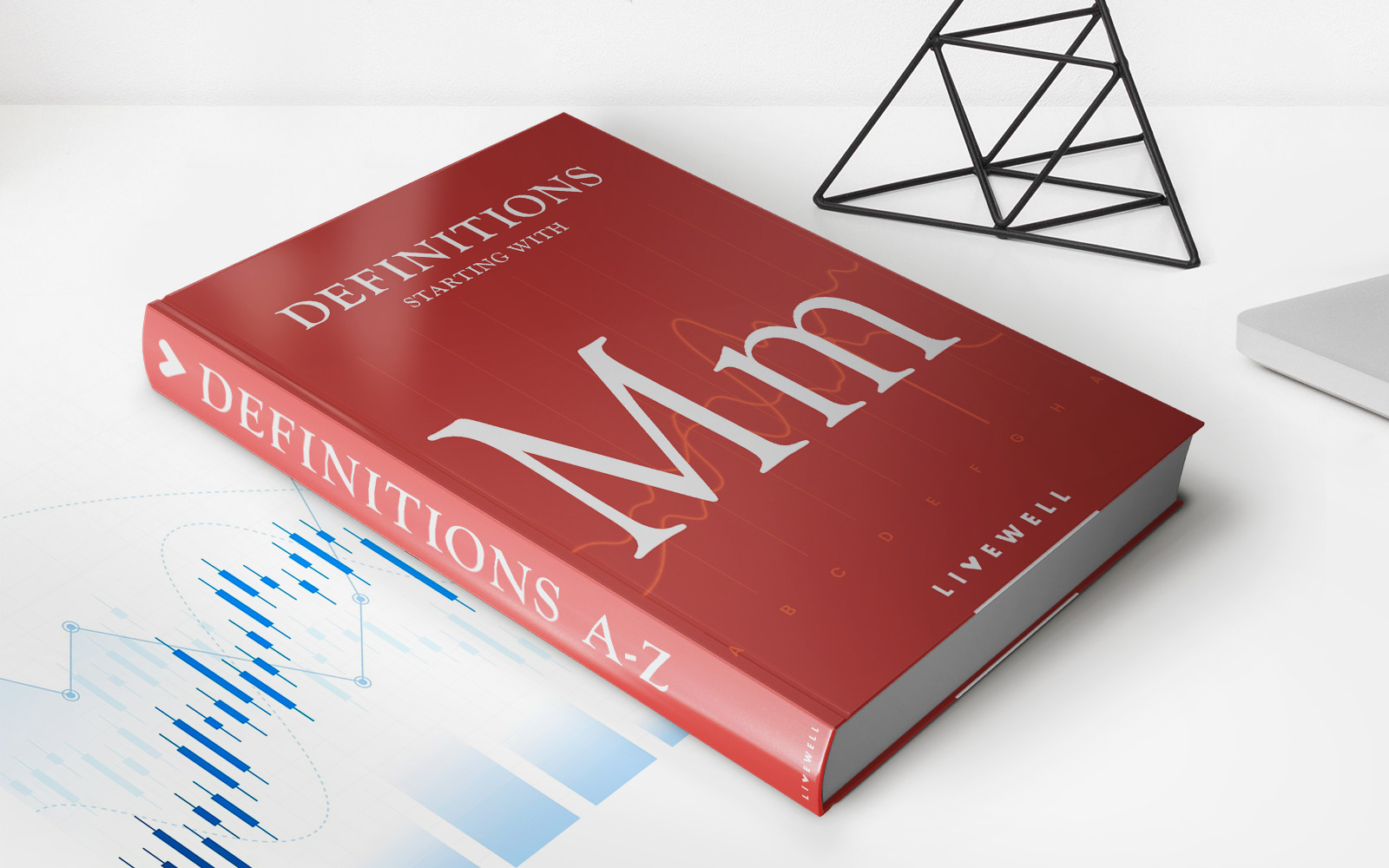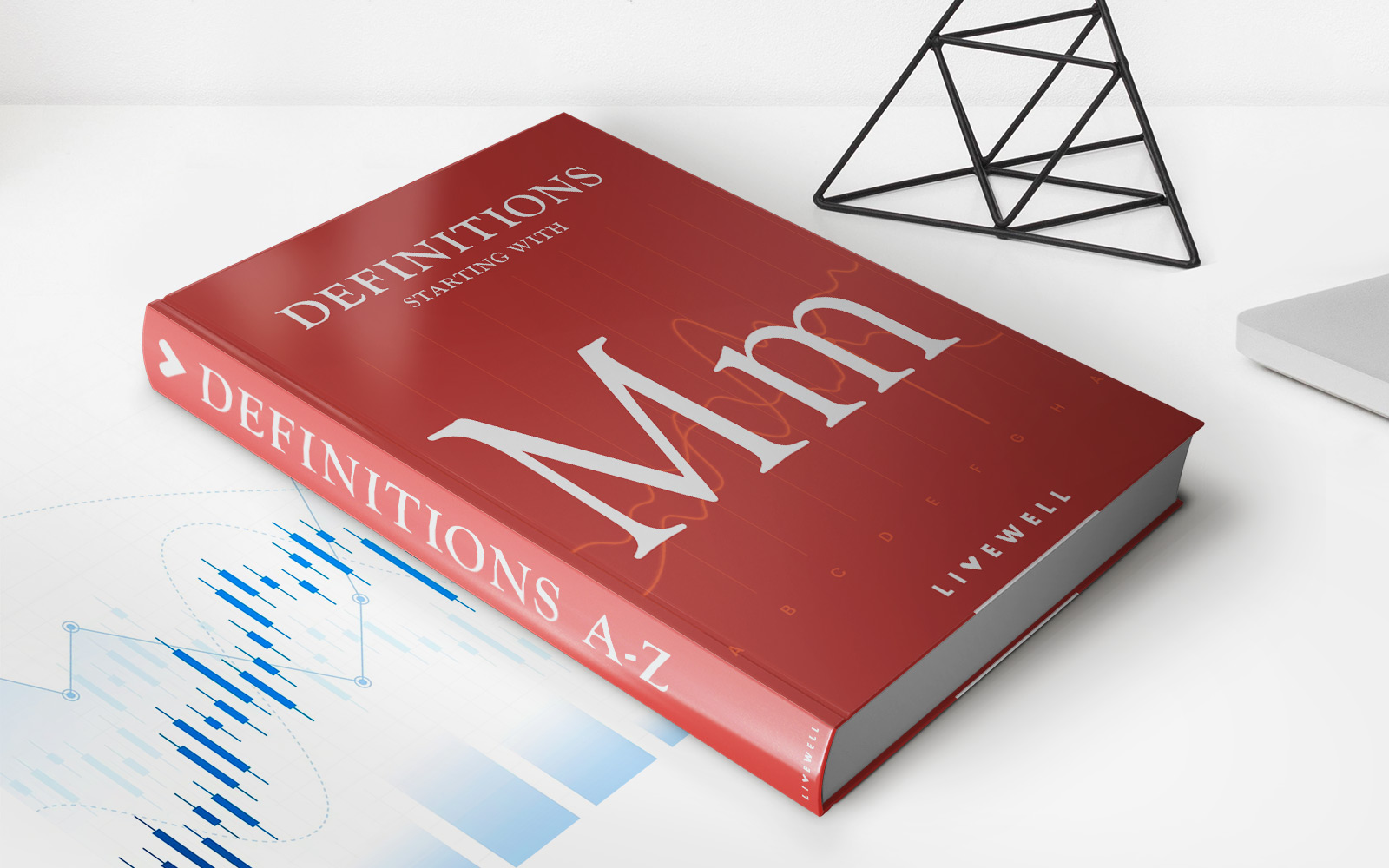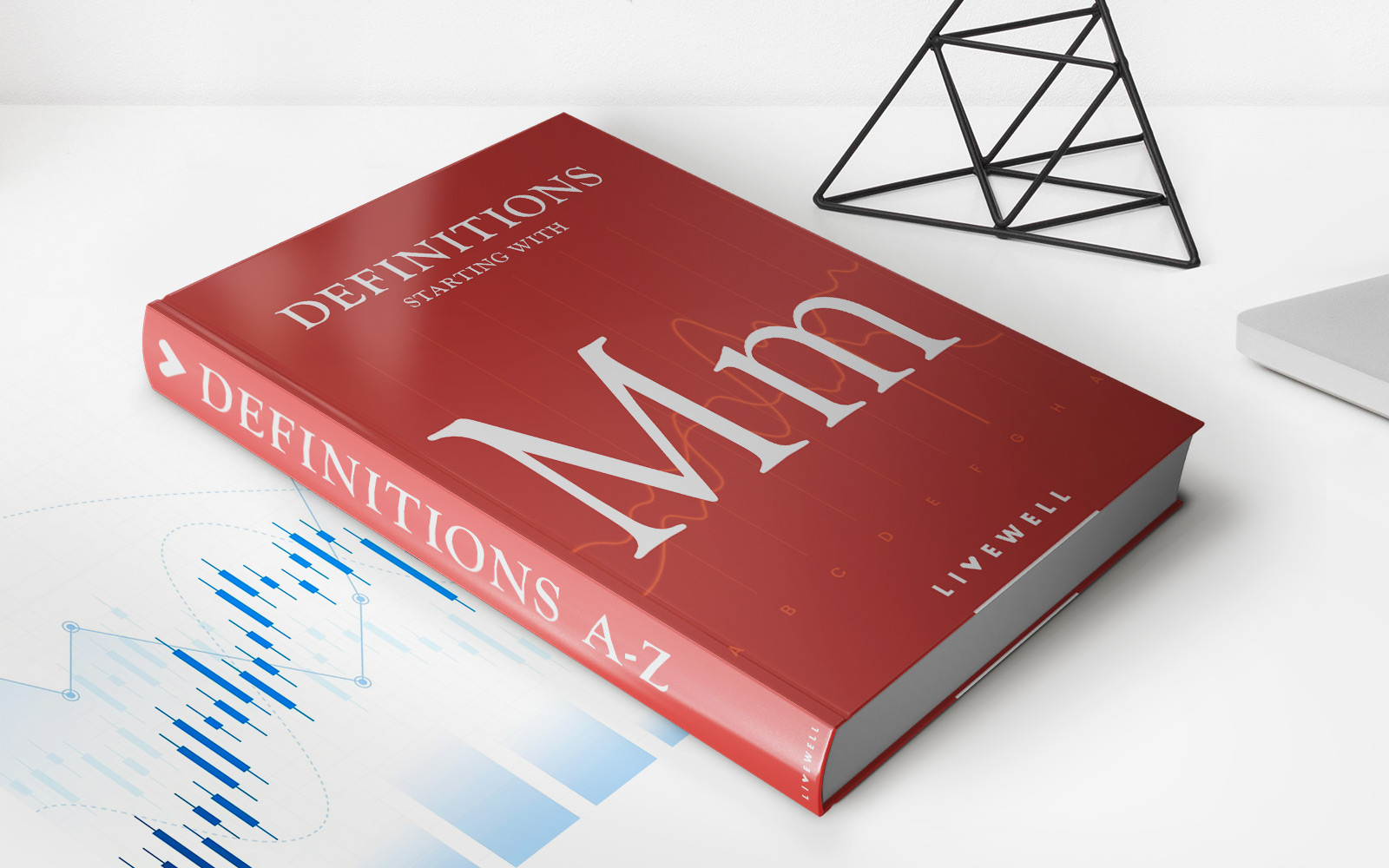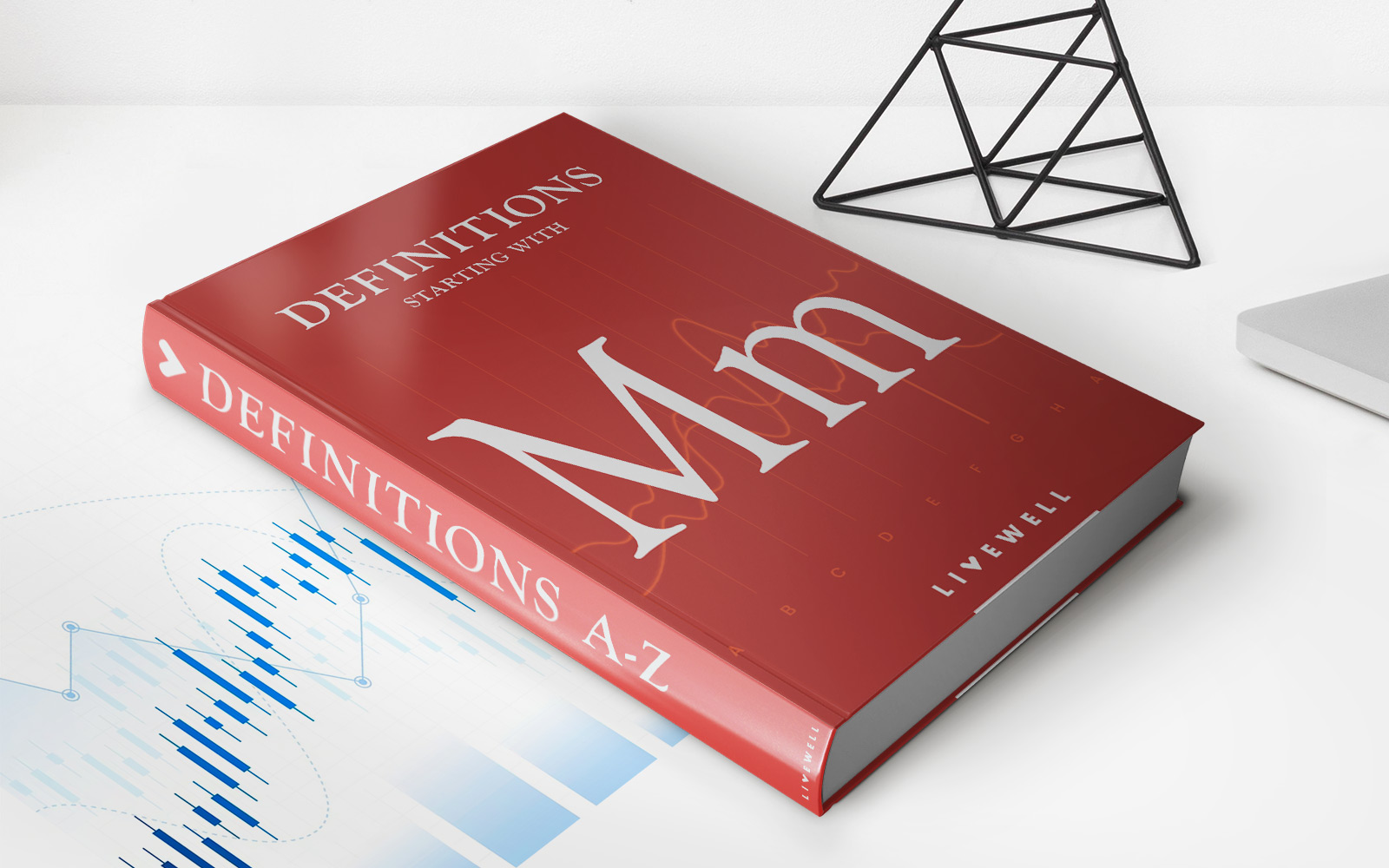

Finance
Mutual Fund Costs And Expenses Definition
Published: December 28, 2023
Learn about the definition of mutual fund costs and expenses in the field of finance. Understand the impact these fees can have on your investment returns.
(Many of the links in this article redirect to a specific reviewed product. Your purchase of these products through affiliate links helps to generate commission for LiveWell, at no extra cost. Learn more)
Understanding Mutual Fund Costs and Expenses
When it comes to investing in mutual funds, it’s important to understand the costs and expenses associated with them. Mutual funds offer a great way to diversify your portfolio and potentially earn returns on your investments, but it’s crucial to be aware of the fees and charges that come along with them. In this article, we will define mutual fund costs and expenses, and discuss why it’s essential to consider them when making investment decisions.
Key Takeaways:
- Mutual fund costs and expenses refer to the various fees associated with investing in mutual funds.
- These costs can include management fees, sales charges, redemption fees, and other operational expenses.
What are Mutual Fund Costs and Expenses?
Mutual fund costs and expenses, also known as fees, are the charges investors pay to the fund company or investment advisor for managing their investments. These fees are used to cover the fund’s operating costs, including administrative expenses, research costs, portfolio management fees, and marketing expenses.
Types of Mutual Fund Costs and Expenses
Now, let’s take a closer look at some of the common types of mutual fund costs and expenses:
- Management Fees: These fees cover the cost of managing the fund’s portfolio. They are typically charged annually as a percentage of the assets under management (AUM).
- Sales Charges or Loads: Some mutual funds charge a sales commission when you buy or sell shares of the fund. There are two types of sales charges: front-end loads, which are deducted when you invest, and back-end loads, which are charged when you sell your shares.
- Redemption Fees: A redemption fee is charged when you sell shares of a mutual fund within a certain holding period. This fee discourages short-term trading and helps protect long-term investors.
- Administrative Expenses: These expenses include the costs associated with record-keeping, legal and accounting services, and general fund administration.
- 12b-1 Fees: 12b-1 fees are marketing or distribution fees charged by some mutual funds to cover the costs of promoting and selling the fund.
- Other Operational Expenses: These expenses include custodian fees, audit fees, and other costs necessary for the fund’s operation.
Why are Mutual Fund Costs and Expenses Important?
Understanding the costs and expenses of mutual funds is crucial for investors for several reasons:
- Cost Impact on Returns: Mutual fund fees and expenses can eat into your investment returns over time. Even seemingly small fees can significantly impact your long-term investment performance.
- Fund Selection: Analyzing costs and expenses can help you compare different mutual funds and select the ones that align with your investment goals.
- Transparency: Mutual fund companies are required to provide a full breakdown of costs and expenses, which helps investors make informed decisions and evaluate the overall value of a fund.
- Fiduciary Responsibility: Financial advisors have a fiduciary responsibility to act in the best interests of their clients. This includes recommending mutual funds that have reasonable costs and expenses.
Conclusion
When investing in mutual funds, it’s vital to assess the costs and expenses associated with them. By understanding the various fees involved, you can make better investment decisions that align with your financial goals. Remember to consider management fees, sales charges, redemption fees, administrative expenses, 12b-1 fees, and other operational costs when evaluating different mutual funds. Ultimately, being aware of these costs will help you optimize your investment returns and build a successful portfolio.














